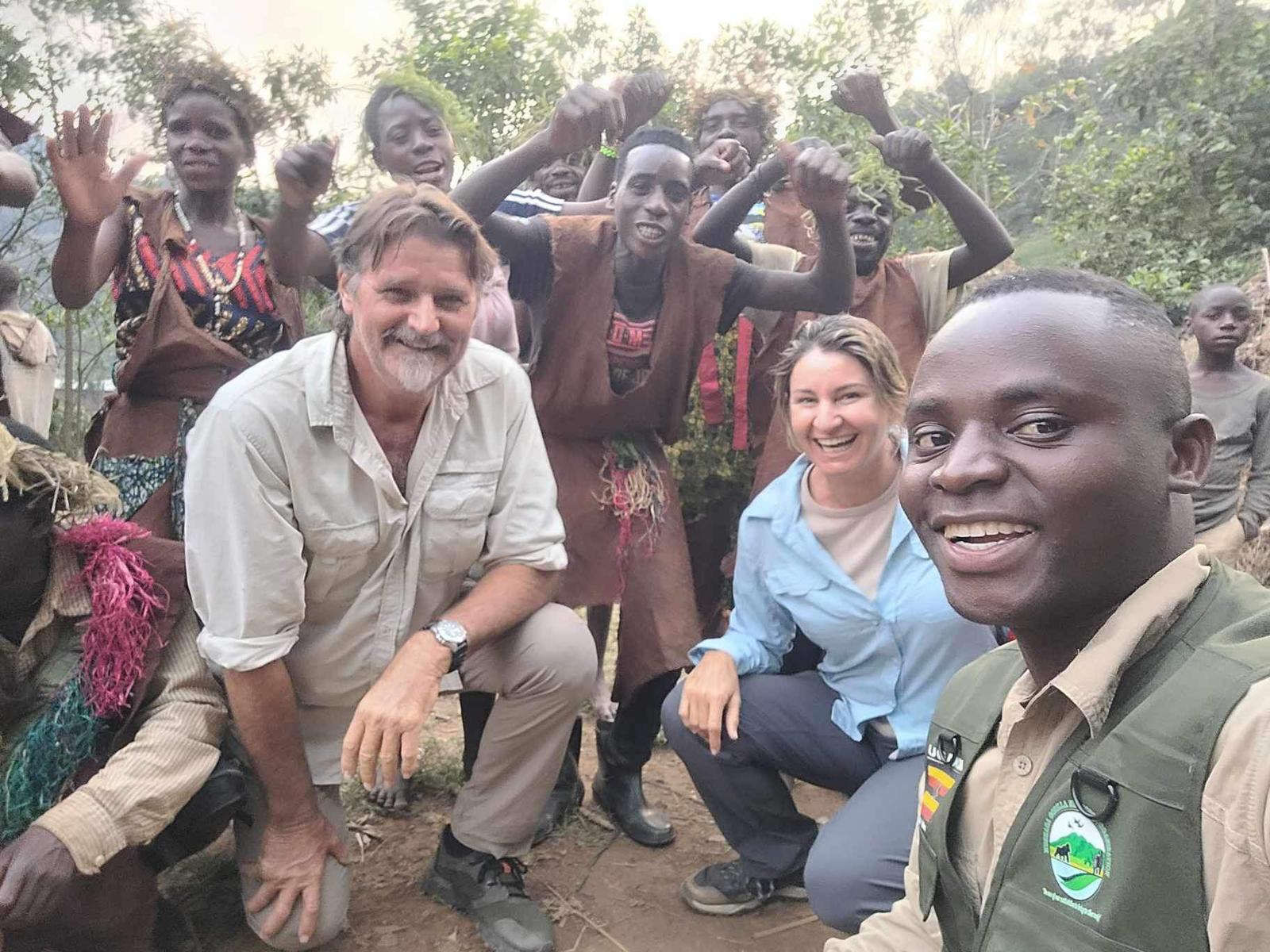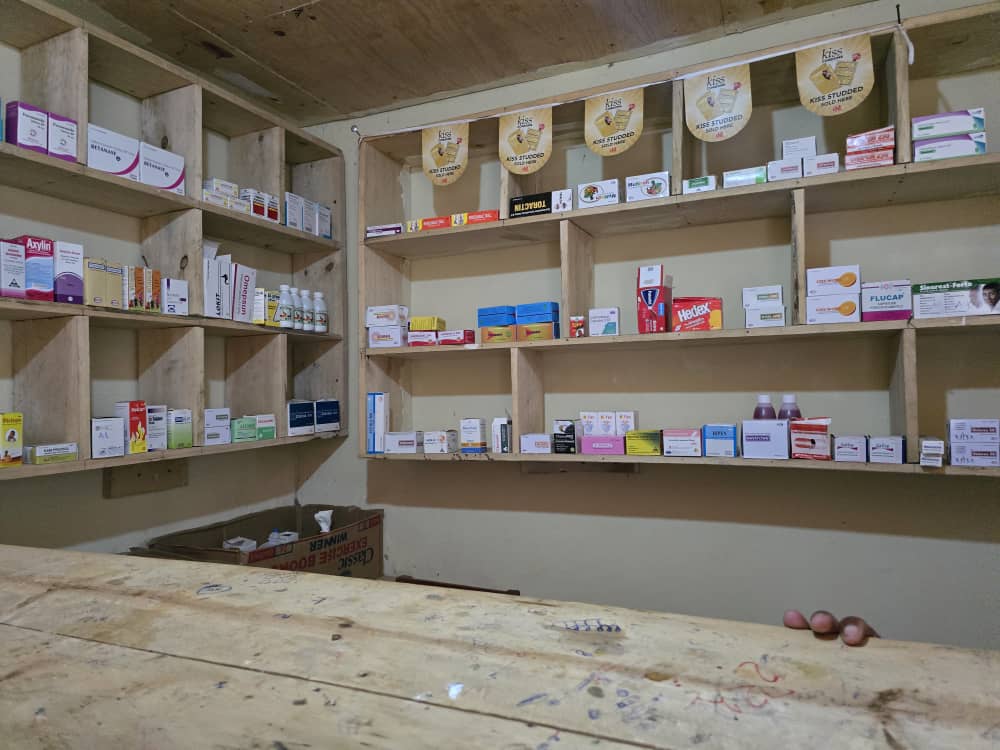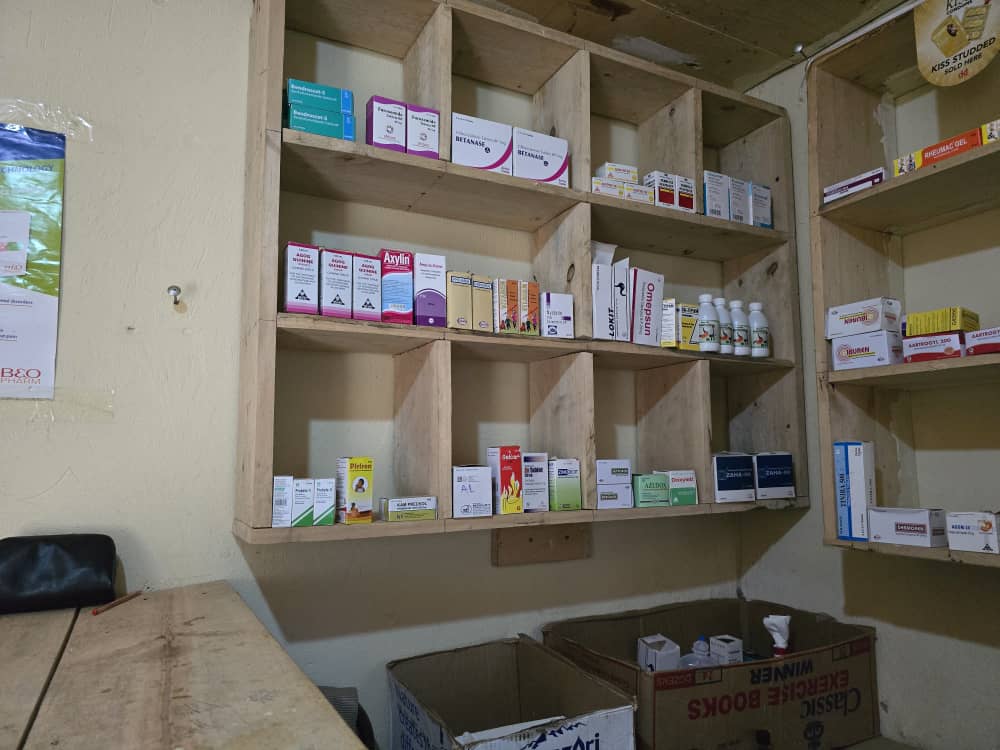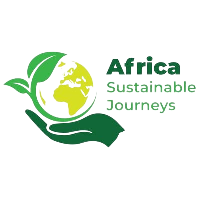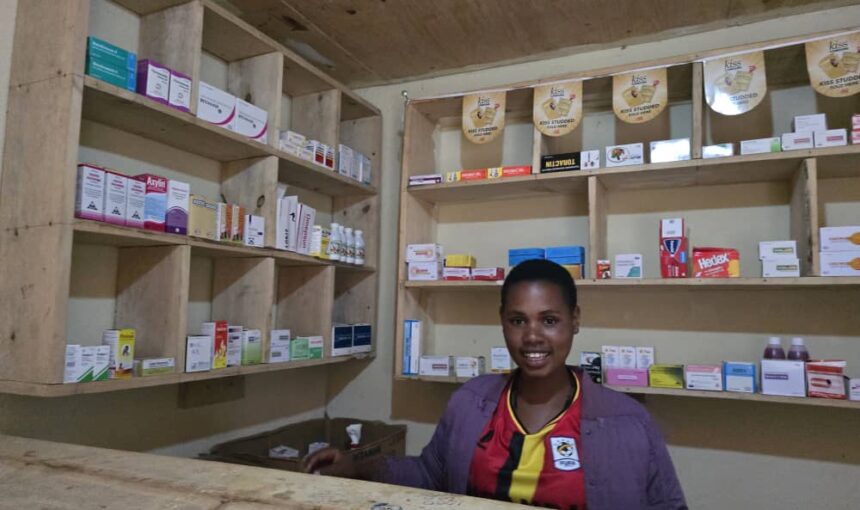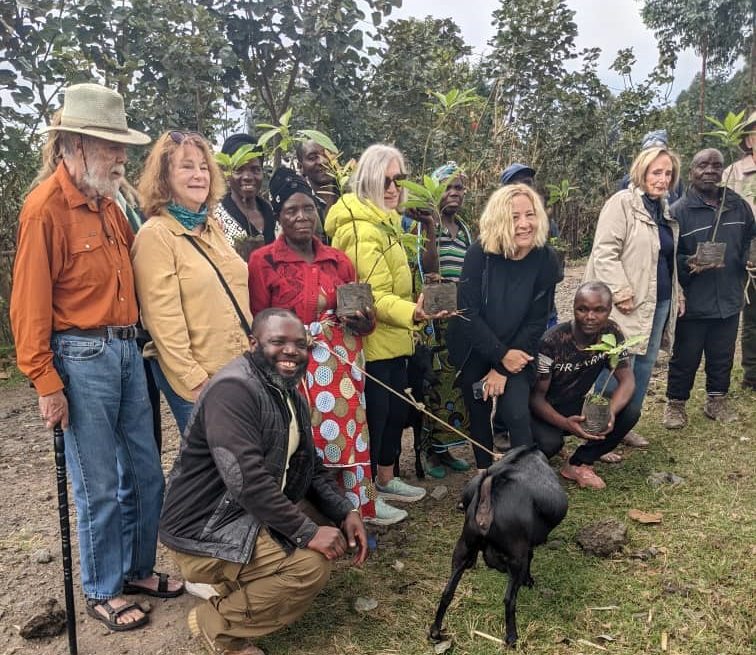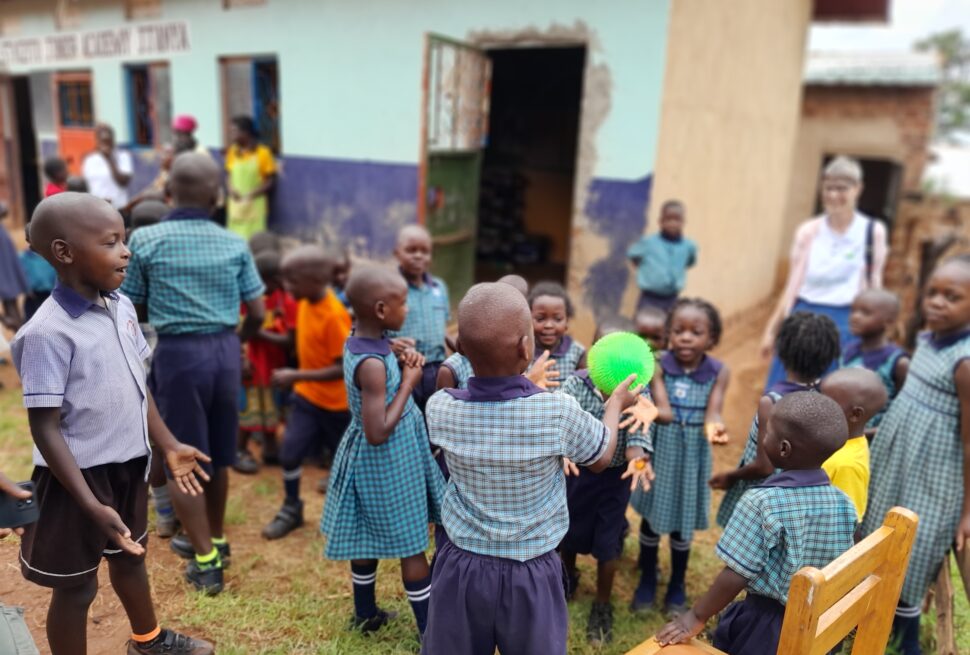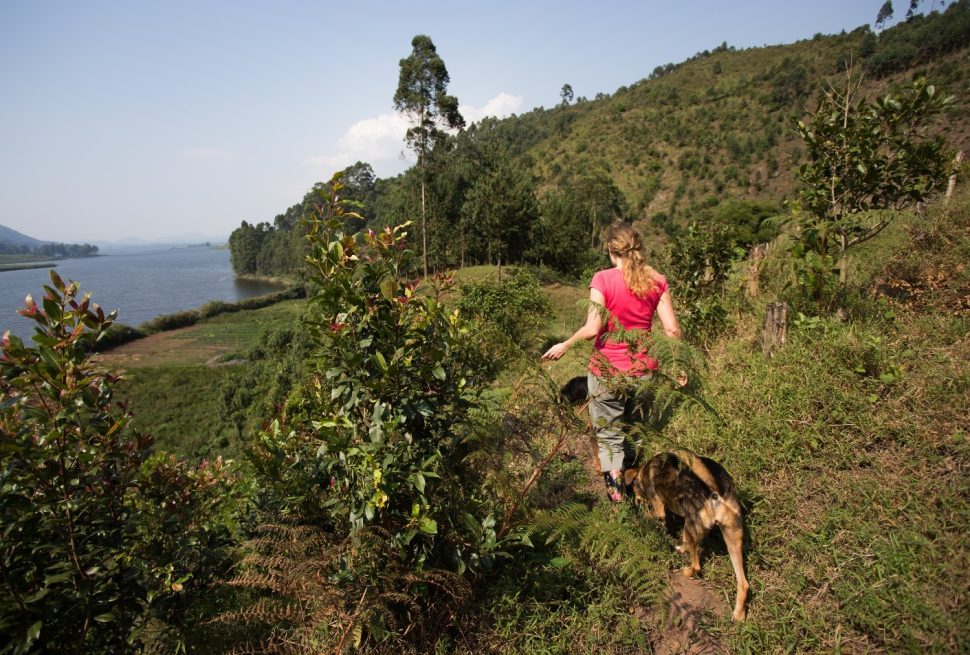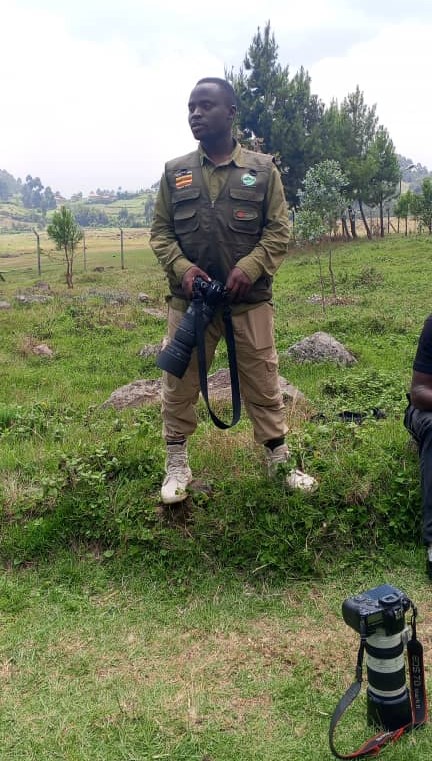
Deep within the lush landscapes of Uganda’s Rushaga region, the Batwa indigenous community has long faced significant socioeconomic challenges. For decades, this marginalized group has struggled to access basic necessities, including healthcare. Our organization is committed to bridging this gap, providing comprehensive support to empower the Batwa people and foster lasting positive change.
The Reality of Life for the Batwa Community
The Batwa people reside in Rushaga, near the Bwindi Impenetrable National Park. Most community members are farmers and herders, living without access to running water and other essential resources. Many walk hours daily to collect water and firewood, and most families survive on less than $1 a day. The resulting health issues are numerous, with malaria, typhoid, pneumonia, HIV/AIDS, hypertension, diabetes, wounds, skin infections, intestinal worms, gastritis, peptic ulcer diseases, respiratory tract infections, urinary tract infections, sexual transmitted infections, burns, scalds, and accidents being prevalent.
Health Challenges in the Community
The community faces significant health challenges, with a high prevalence of diseases. In fact, clinic has recorded:
- Over 500 cases of malaria in 2024, with a 20% reduction in cases thanks to our mosquito net distribution program.
- A 9% increase in access to healthcare services for community members with HIV/AIDS.
The Impact of Poverty and Displacement
The Batwa people were displaced from the Bwindi Impenetrable Forest after it was declared a national park in 1991. Since then, many have lived in extreme poverty, with limited access to healthcare and education. The life expectancy for the Batwa is 28, compared to 63.8 for the average Ugandan. Batwa women face significant challenges, including limited access to family planning and healthcare services.
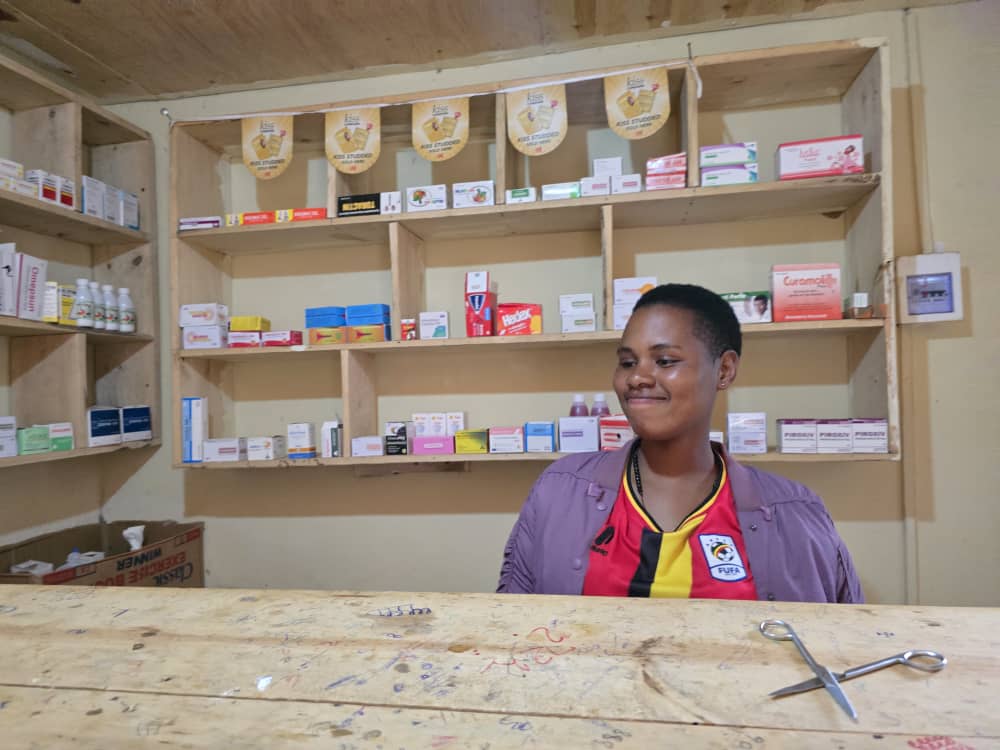
Challenges Faced by Our Organization
Despite our commitment to supporting the Batwa community, our organization faces several challenges:
- Limited funding: Securing sufficient funding to support our healthcare and livelihood programs is an ongoing challenge.
- Remote location: The Batwa community is located in a remote area, making it difficult to access and transport goods and services.
- Limited infrastructure: The lack of basic infrastructure, such as roads and healthcare facilities, hinders our ability to provide comprehensive support.
Our Response: Empowering the Batwa Community
Despite these challenges, our organization remains committed to supporting the Batwa community. We provide:
- Comprehensive medical care and support
- Health education and awareness initiatives
- Community outreach and social cohesion initiatives
Through our 5% tour preceding donations, we have been able to provide:
- Mosquito nets to over 151 families, reducing the risk of malaria transmission in 2024.
- Support for our healthcare clinic, which has provided medical services to over 378 community members by the end of 2024.
- Support local craftsmen in the region, promoting sustainable livelihoods and preserving traditional skills.
Conclusion
Our organization is dedicated to empowering the Batwa people, providing them with the support and resources they need to overcome the challenges they face. Despite the obstacles we encounter, we remain committed to our mission and are proud of the progress we’ve made so far.
